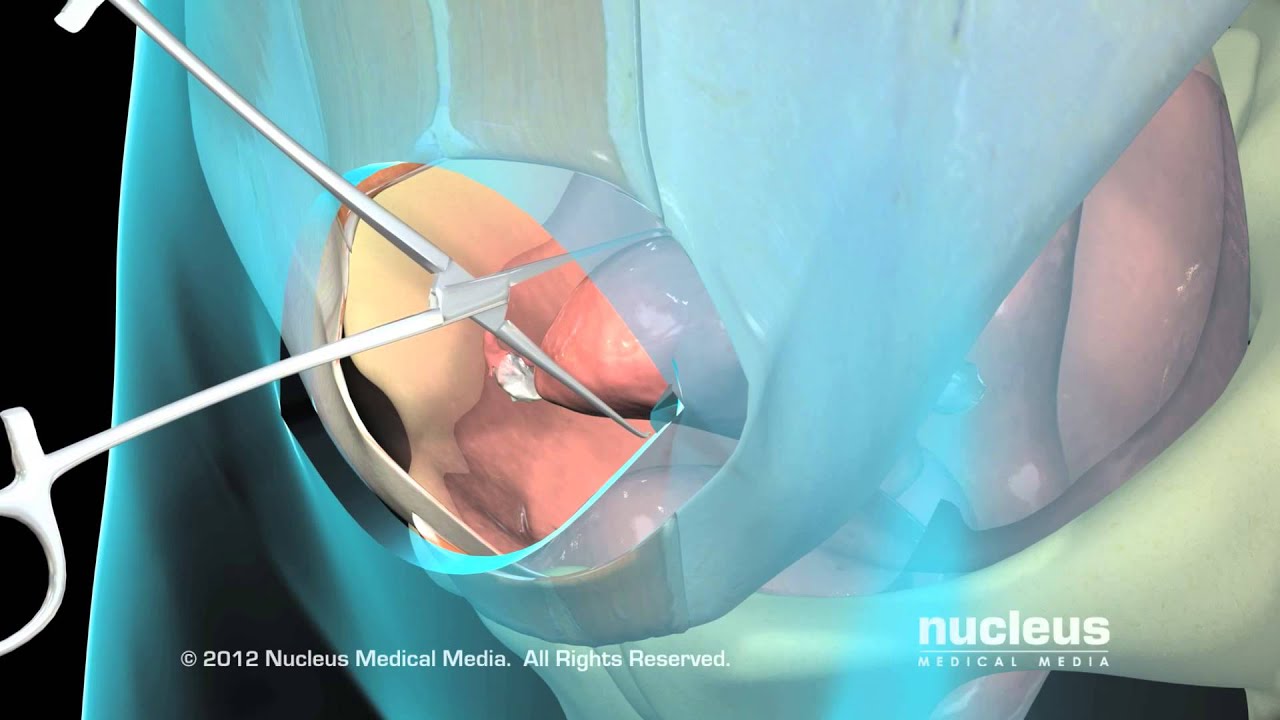Urinary Incontinence & Pelvic Floor Health
Pelvic Health Physiotherapists' Complete Treatment Guide for Incontinence in Women
FEMY Kegel Therapy can effectively stop urine leakage
INTRODUCTION
More than 1 in 3 women experience Urinary Incontinence (UI). Though age is a risk factor for Urinary Incontinence, many young women below the age of 30 are afflicted by this too.

What is the Pelvic Floor?
The pelvic floor consists of muscles and ligaments that provide support for the bladder, womb and bowel, and to help control the bladder outlet and back passage.
Pelvic Floor Muscle (PFM) Weakness
Pelvic Floor Muscle weakness is a slow and silent chronic dysfunction that occurs as we age, engage in high-impact exercise, become pregnant, and/or enter menopause.
Our pelvic floor can become overstretched, lose muscle mass and elasticity, resulting in a weakened pelvic floor support. Pelvic Organ Prolapse (POP) - where the bladder, womb and bowels can fall out of the vagina, and Urinary Incontinence can ensue.
It affects one in every three women.
Regardless of age, when our pelvic floor muscles are weakened, the following symptoms can occur:
- Uncontrollable Urine Leakage, especially when coughing, sneezing or walking
- Urine leakage at night and poor quality of sleep
- Frequent need to urinate
- Regular Urgent desire to run to the washroom
- Constipation
- Difficulty in urinating smoothly
- Incomplete voiding of urine
- Loose Vaginal Skin
- Reduced Pleasurable Sensations during Sex
- Lower Back Ache
- Prolapse of Pelvic Organs (where internal organs (Bladder, womb or bowel) fall outside the vagina)
Risk Factors for Urinary Incontinence
The following categories of women are at increased risk of pelvic floor muscles (PFM) weakening and Urinary Incontinence:

Pelvic Organ Prolapse and Urinary Incontinence
Pelvic Organ Prolapse and Urinary Incontinence are common and debilitating conditions. Many women afflicted by these turn to coping mechanisms such as using incontinence pads, avoiding long-distance travel, and avoiding sex.
Evidently, symptoms of Urinary Incontinence and Pelvic Orgran Prolapse can cause social embarrassment, as well as, severe inconvenience to yourself and others, thus drastically affecting one’s quality of life.

There are aesthetic treatments available, but these rarely address the underlying cause, which is the pelvic floor muscles. Furthermore, they can be quite costly.
 Image credits to Nucleus Medical Media
Image credits to Nucleus Medical Media
Surgery would be the last option in extreme situations; it is costly and risky, but it can be avoided.
How can we prevent Weakening of Pelvic Floor Muscle and Urinary Incontinence?
According to medical professionals and pelvic health specialists, Pelvic Floor Exercises (PFE) or Kegel Exercises, are our first line of defence.
With FEMY’s specially tailored health education and advanced guidance programme, we can improve your pelvic health and prevent or reverse Pelvic Floor Muscle weakening and Urinary Incontinence.
Why should I do Kegel exercises?
It is the first line treatment for incontinence women, because it is safe, does not cause harm to our body, and is EXTREMELY EFFECTIVE as a preventive measure against weakening of Pelvic Floor Muscle.
Kegel exercise is the only way to exercise our internal pelvic floor muscles.
It is highly recommended by doctors and gynaecologists to women of all age groups because our pelvic floor directly controls FOUR (4) critical bodily functions: Urine, sex, and childbirth, defecation as well as lower back support.
Incontinence is not fatal, but it can be extremely distressing to both our physical and psycho-social well-being.
Special Populations
Whilst all women will benefit from Pelvic Floor Exercises, the following women are at increased risks and should seek professional help immediately:
- Symptoms of Urinary Incontinence
- Women planning to get pregnant, pregnant women and post-delivery
- Reduced vaginal sensations
- Embarking on a marathon or diving (high impact exercises)
- Chronic lower back pain or soreness
- Thick or bulging lower abdomen
- Peri-menopausal women
- Frequent heavy lifting at work or as regular exercise routine
Who should consider FEMY Kegel Exercises?

Regardless, women of all ages experience UI and other symptoms of weakening PFM. Do not be part of this statistic. Pelvic Health Experts agree that the best time to start performing pelvic floor exercises is now.
Allow Femy to assist you in protecting your Pelvic Health today!

